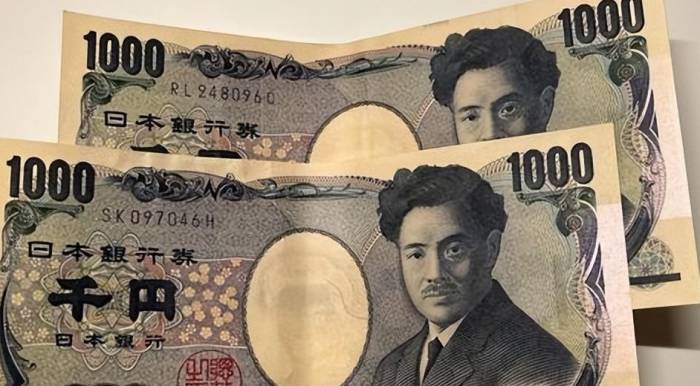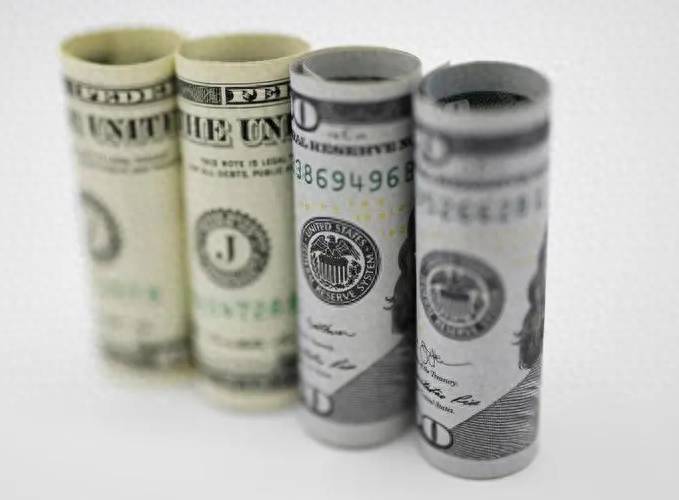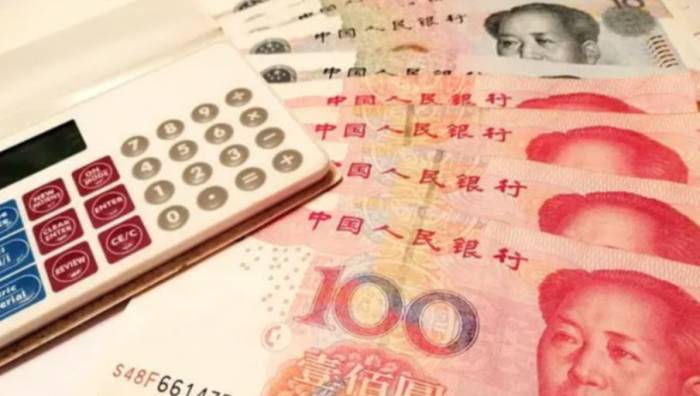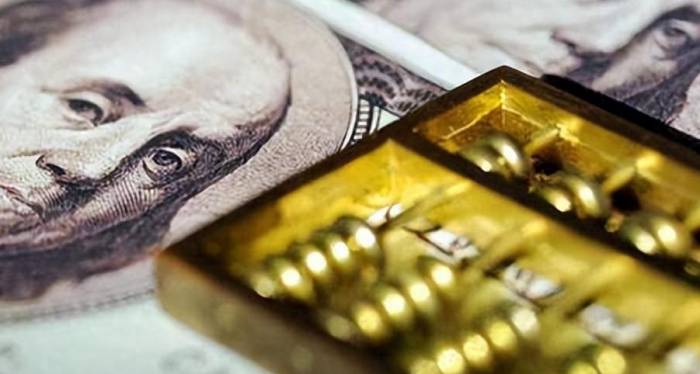On Tuesday this week (September 24th), the Shanghai Composite Index surged by 4.15%, marking its largest single-day gain in over four years; the Shenzhen Component Index rose by 4.36%, and the ChiNext Index increased by 5.54%; the combined turnover of the two markets reached 971.3 billion yuan, significantly higher than the previous trading day.
Several private equity firms interviewed believe that the main heads of the central bank, the financial regulatory authority, and the securities regulatory commission discussed a number of policy measures at a joint press conference, with an overall intensity that exceeded market expectations.
These measures are expected to have a more positive impact on the domestic economy and stock market, and are likely to help the stock market gradually move out of the bottom area.
It is understood that many private equity firms are actively increasing their positions in equity assets.
A series of policies have released positive signals, boosting the A-share market to a substantial increase.
"The market saw a long-lost surge on Tuesday, with many industries and sectors rising by more than 5% in a single day, due to the current market valuations being at an extreme, and the financial regulatory authorities have issued a series of policy measures that are beneficial to the market, sending a clear positive signal to the capital market, which has strongly boosted the market," said Zhang Kaikai, the head of research at Yuanxing Fund.
He believes that one of the important policies implemented this time is to boost the stock market, including reducing the interest rates on existing mortgages to release consumer spending power, which is beneficial to boosting domestic demand and thus effectively boosting the fundamentals.
As the market improves, pessimistic sentiment may gradually dissipate.
Yu Yi Assets stated that on Tuesday, the "one bank, one bureau, one commission" made a major announcement, which will jointly introduce a series of policies such as lowering reserve requirements, interest rates, existing mortgage interest rates, creating new monetary policy tools, and reducing the down payment ratio for second-home loans nationwide.
This reflects the policy level's determination to protect the market, which is conducive to the recovery of investors' risk preference.
Xing Shi Investment stated that in the short term, the policy signal is clear, responding to the market's focus, boosting market sentiment and risk preference.
The incremental policy announced at this press conference is much larger than expected, and the repair of stock market sentiment is expected to continue.
Combined with the extremely low valuation level before, it may mean that the momentum for stock market rebound has increased, and a valuation repair market may emerge, especially for high-quality assets that benefit from relevant policies.
However, from a longer-term perspective, the market's continued rise may still depend on the sustained improvement of domestic economic momentum and the trend of corporate profits.
Zhong Ou Rui Bo is more optimistic, believing that both A-shares and Hong Kong stocks have already met many conditions for a bull market, such as the overall market valuation being at a low level, and the market investor sentiment being very low.
"If the subsequent fiscal policy can be matched, and consumer confidence can stabilize and rebound, then the probability of starting a new bull market is very high."
In addition, in the Hong Kong stock market, the Hang Seng Index rose by 4.13% on Tuesday, and the Hang Seng Technology Index increased by 5.88%.
Zhang Kaikai said that recently, the Hang Seng Index has performed more strongly, and some foreign capital may have already started to lay out Chinese equity assets.
Because the fundamentals of Hong Kong-listed companies fully reflect the fundamentals of China's economy, it indicates that the international capital's view on Chinese assets has turned positive.
The creation of swap facilities and other tools to strengthen the stock market and patient capital.
Many private equity firms also expressed their views on some measures proposed by the main heads of the People's Bank of China, the financial regulatory authority, and the securities regulatory commission at the joint press conference.
Ke Zhiwei, a partner at Chongyang Investment, believes that a series of policy combinations have sent a strong signal that macro policy will further strengthen, and have introduced substantive measures in areas such as reducing the debt burden of the household sector, strengthening patient capital in the stock market, and replenishing the core capital of state-owned large banks, leaving room for further strengthening of policies such as fiscal policy.
Specifically, Ke Zhiwei said that the biggest highlight of this monetary policy is the interest rate cut, which not only reduces the interest rate of incremental loans but also reduces the interest rate of existing loans.
Different from last year's reference to the addition of LPR when purchasing a house, this time the reduction of existing mortgage interest rates is more thorough, directly reducing the existing mortgage interest rate to the level of new mortgage interest rates in various regions, which is more convenient than transferring mortgages.
It is expected that after the loan interest rate repricing in January next year, the total decline in existing mortgage interest rates will average 110BP, which means that a mortgage loan of 1 million yuan can save about 7,000 yuan in interest each year.
At the same time, he also believes that the central bank has created two new monetary policy tools to support the stock market, which is beneficial to strengthening patient capital in the stock market.
One is that non-bank institutions can use high-quality assets they hold (bonds, stock ETFs, CSI 300 constituent stocks, etc.)
to swap and pledge from the central bank to obtain high-liquidity assets such as government bonds, and invest these funds into the A-share market; the other is the special re-lending for stock buybacks and increases, which is beneficial to listed companies with stable free cash flow and high confidence of major shareholders in the company's prospects to repurchase and increase their own stocks, and better achieve market value management.
Zhong Ou Rui Bo also stated that the two tools proposed by the central bank this time should not be ignored: one is to support qualified securities, fund, and insurance companies to use their own bonds, stock ETFs, CSI 300 constituent stocks as collateral, and exchange them with the central bank for high-liquidity assets such as government bonds and central bank bills, and the funds obtained through this tool can only be used to invest in the stock market.
The first phase of the swap facility operation is 500 billion yuan, and the scale can be expanded according to the situation in the future, which can be seen as guiding long-term institutional funds to actively enter the market; the second is to guide commercial banks to provide loans to listed companies and major shareholders for the repurchase and increase of listed company stocks.
The interest rate at which the People's Bank of China issues re-lending to commercial banks is 1.75%, and the interest rate at which commercial banks provide loans to customers is 2.25%, with the first phase being 300 billion yuan, and the subsequent amount can be increased.
For companies with excellent cash flow and high dividend ratios, dividends can already cover loan interest.
"These two newly established tools are unprecedented, and the management has spared no effort in supporting the stock market at the capital level, and they are directly aimed at the stock market.
We believe that it is a huge benefit for both A-shares and Hong Kong stocks."
Zhong Ou Rui Bo said.
Private equity gradually increases equity positions and is optimistic about consumption, technology, finance, etc.
It is understood that in terms of investment operations, many private equity institutions have begun to increase their equity allocations.
Looking forward to the market, Yu Yi Assets believes that the market bottom has been basically established, and combined with the market low point of 2,635 points in February this year, the W-shaped double bottom pattern has been basically formed.
"The overall position is now at 80%, with two directions of allocation: one is listed companies with excellent fundamentals, and the certainty of future corporate profits is relatively high; the other is the oversold sectors, and at the beginning of the market reversal, sectors with high stock price elasticity are optimistic."
Zhang Kaikai said that Yuanxing Fund has begun to gradually increase its position budget, and has made forward-looking layouts in major assets in advance, reducing positions and duration in interest rate bonds, and leaving corresponding positions for equity assets.
Continue to be optimistic about consumer stocks including white liquor, large finance, new industries, and other sectors.
Xing Shi Investment stated that it chooses to stick to high-quality growth stocks, and the long-term risk-return ratio of related targets still has a very strong attraction.
Focus on two main lines: value growth stocks with mass consumption as the main demand and technology growth stocks with technological breakthroughs as the driving force for development.






























Leave a Comment